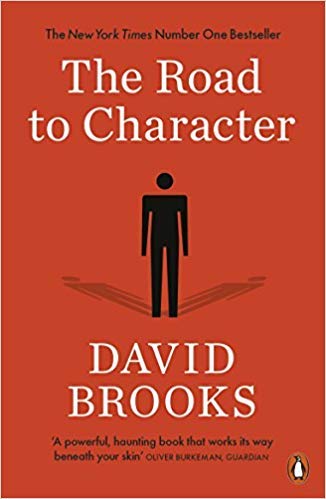With mindful awareness you can steer your life in any direction you choose.
—Calm App Reflection

Image from Unsplash by Joseph Barrientos
You are not a drifting boat on Life’s ocean — you are the captain.
The waves will come, the storms will rage, but with mindful awareness as your compass, you decide where to steer.
Most people sail unconsciously, reacting to the weather rather than setting a course.
But awareness changes everything. It slows time, sharpens the senses, and gives you space to choose your words, your mood, your next move.
Imagine the power of noticing the moments before you speak, eat, or give up.
Every conscious breath is a chance to redirect your life.
Mindfulness isn’t passive — it make you the commander of your own vessel.
The question is: are you awake at the helm, or sleeping through the storm?
EXERCISE:
How often do you find yourself living on autopilot, driven by old stories, stale habits, and other people’s expectations?
How can you use mindfulness as a form of radical self-leadership to set your course toward better horizons?
 Life is not a solo performance. How and where can you collaborate with others to accomplish an important goal?
Life is not a solo performance. How and where can you collaborate with others to accomplish an important goal? Stop and look up. Ask yourself, is this the mountain I wish to climb?
Stop and look up. Ask yourself, is this the mountain I wish to climb? “Don’t wait until you are lost to evaluate where you are going.”
“Don’t wait until you are lost to evaluate where you are going.”










